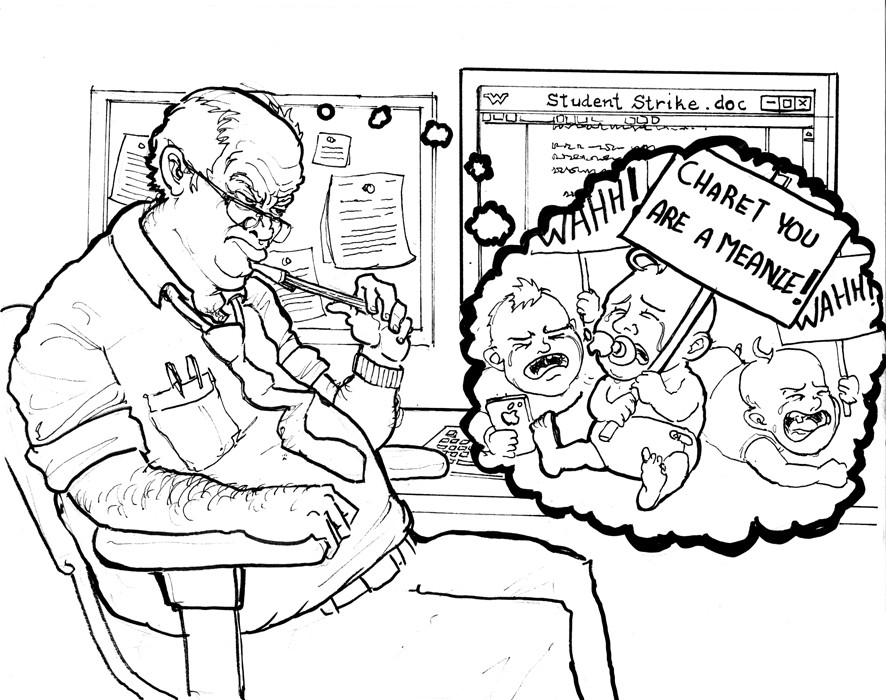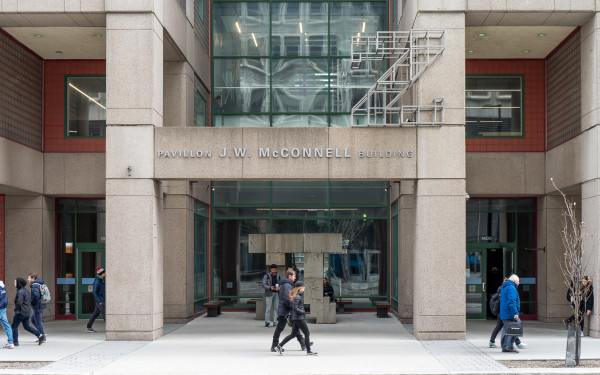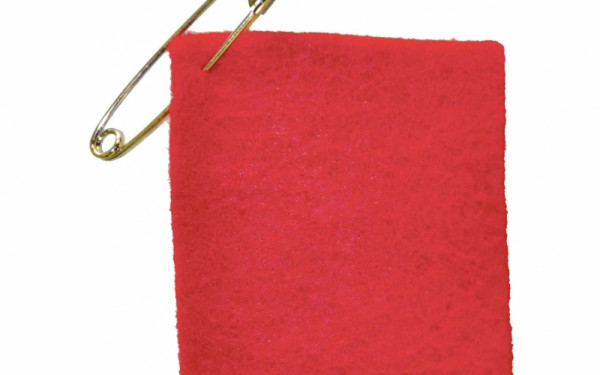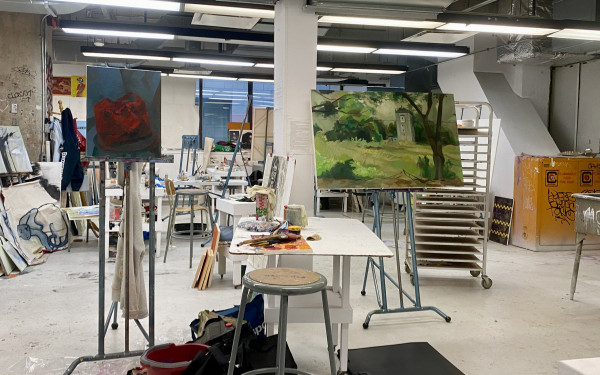Media Misinformation
Lacklustre Reporting, Bias Damage Fight Against Tuition
The coverage of university issues in Quebec is getting increasingly one-sided as the mainstream media struggle to cover complicated issues without a glaring bias.
The Gazette‘s intrepid university reporter Karen Seidman wrote an article on Feb. 28 titled “Concordia Tuition-Hike Protest a Real Yawner” about the recent Concordia Student Union sleep-in protest.
“Somehow jammies and hot cocoa don’t seem to go with student insurrection,” she wrote. “But the protest against rising tuition fees at Concordia University is getting soporific this week as students start a five-day sleep-in.”
Despite a heavy dose of opinion in the writing, the piece was published under the guise of news.
Over the past few weeks, an unfortunate majority of mainstream media in Quebec have dropped the ball on their coverage of university issues, specifically those related to the student movement against tuition increases.
Seidman has exemplified this trend with a series of articles that should only serve to embarrass her and her employers.
In her view, the students’ side of the tuition argument is exhaustingly simple.
“And the bedtime story they’ll be read goes something like this,” she opined in the article on the sleep-in. “The government is unfairly raising tuition fees and making a university education inaccessible, so next week you should vote for a one-week strike opposing the hike so we can all live happily ever after.”
This patronizing bullshit would only be acceptable on a few conditions.
First, if Seidman wasn’t the newspaper’s university reporter specifically responsible for news coverage concerning university issues. It’s kind of tough to keep working a beat you so openly condemn though, isn’t it? It certainly should be.
Second, if it wasn’t published as news. The article was changed online to the opinions section after a day or two without explanation. Classy.
This isn’t to say that The Gazette hasn’t published a few decent articles on the issue, but even a provincial Ministry of Education spokesperson admitted to OpenFile Montreal that the media hasn’t exactly been asking the tough questions or getting to the bottom of this budget.
Perhaps Seidman should get the facts first, and leave the opinion writing for when the Ministry finally explains how and why they need to spend more student money.
Unfortunately, Seidman is not alone. This trend of highly biased reporting runs deep into the mainstream media.
CTV’s Executive Producer Barry Wilson published an article on the CTV website titled “Postscript: Citizen Protest Succeeds, Student Protest Will Not,” following the recent student demonstration in which a small group of protesters blocked the Jacques-Cartier Bridge.
Wilson concludes his piece with a “memo” to students, “Give it up. You will not win, and no one really cares about student strikes over fees.”
No one? There are currently about 100,000 students on strike in Quebec, with more set to vote this week. The Concordia University Part-Time Faculty Association just published a letter in support of striking students. Who is “no one,” exactly?
After leaning on the “lowest tuition in Canada” crutch, regurgitating that “iPhones cost more,” and asking that we all find jobs, Wilson wraps up this fine piece of work with a little backhanded sympathy.
“It would indeed be wonderful if we could provide free university for all. And perhaps milk and cookies at recess, but we cannot. Someone has to pay,” he wrote.
In his defense, the article was published as an opinion. However, an ignorant and poorly written opinion from the Executive Producer of CTV Montreal, based on very little facts and a whole lot of baby-boomer angst, is a little unsettling.
There is a growing concern over the quality of coverage on this issue, and with good reason.
This is not good journalism. This is not honest, thorough, or balanced. Worst of all, this kind of reporting leads only to the misinformation of the public on an issue that is already so convoluted.
I’m not asking that everyone side with the students.
But before we scoff and dismiss the movement entirely, we need to offer both sides of the argument equally, dig deeper into the issue and ask the right questions to the right people.
As a concerned member of the media myself, I implore my colleagues to challenge themselves. Seek out better reporters, if it’s necessary. Do what you have to do, but we need to uphold a standard of professionalism before this gets out of hand.
We can do better.


_600_832_s.png)


_600_375_90_s_c1.jpg)

